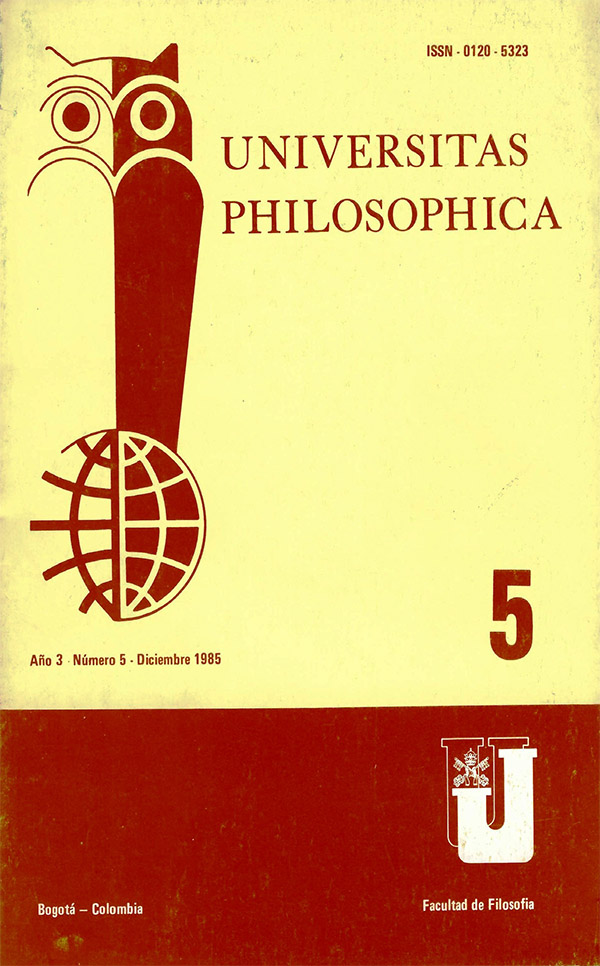Abstract
Este ensayo tiene como propósito explorar la estructura metodológica general de la interpretación jurídica concebida como punto de articulación entre derecho y filosofía. En la opinión del autor, el origen del espacio filosófico del la intepretación en el derecho es la disciplina que tiene por objeto la compresión de textos jurídicos. En consecuencia, el discurso escrito, en las especiales características que desarrolla la relación escribir/leer, constituye el marco de referencia metodológico de la hermenéutica jurídica. Siguiendo a Ricoeur, el ensayo define, preliminarmente, la interpretación del derecho como la lectura dinámica de textos jurídicos que conecta un momento "explicativo" a un momento "comprensivo". El código es identificado como la categoría central del polo explicativo de la interpretación jurídica, mientras que el fallo constituye su categoría comprensiva. El "arco hermenéutico" entre explicación y comprensión es, enseguida, asumido como un "arco retórico" entre código y fallo, en que la interpretación jurídica toma la forma de una argumentación que enlaza una validación de la semántica de código a una valoración del fallo en cuanto razonable. Estos dos momentos retóricos reenvían, en la sección final del ensayo, a Husserl y a la interpretación jurídica concebida como articulación intecional de sentido y referencia.This journal is registered under a Creative Commons Attribution 4.0 International Public License. Thus, this work may be reproduced, distributed, and publicly shared in digital format, as long as the names of the authors and Pontificia Universidad Javeriana are acknowledged. Others are allowed to quote, adapt, transform, auto-archive, republish, and create based on this material, for any purpose (even commercial ones), provided the authorship is duly acknowledged, a link to the original work is provided, and it is specified if changes have been made. Pontificia Universidad Javeriana does not hold the rights of published works and the authors are solely responsible for the contents of their works; they keep the moral, intellectual, privacy, and publicity rights.
Approving the intervention of the work (review, copy-editing, translation, layout) and the following outreach, are granted through an use license and not through an assignment of rights. This means the journal and Pontificia Universidad Javeriana cannot be held responsible for any ethical malpractice by the authors. As a consequence of the protection granted by the use license, the journal is not required to publish recantations or modify information already published, unless the errata stems from the editorial management process. Publishing contents in this journal does not generate royalties for contributors.


